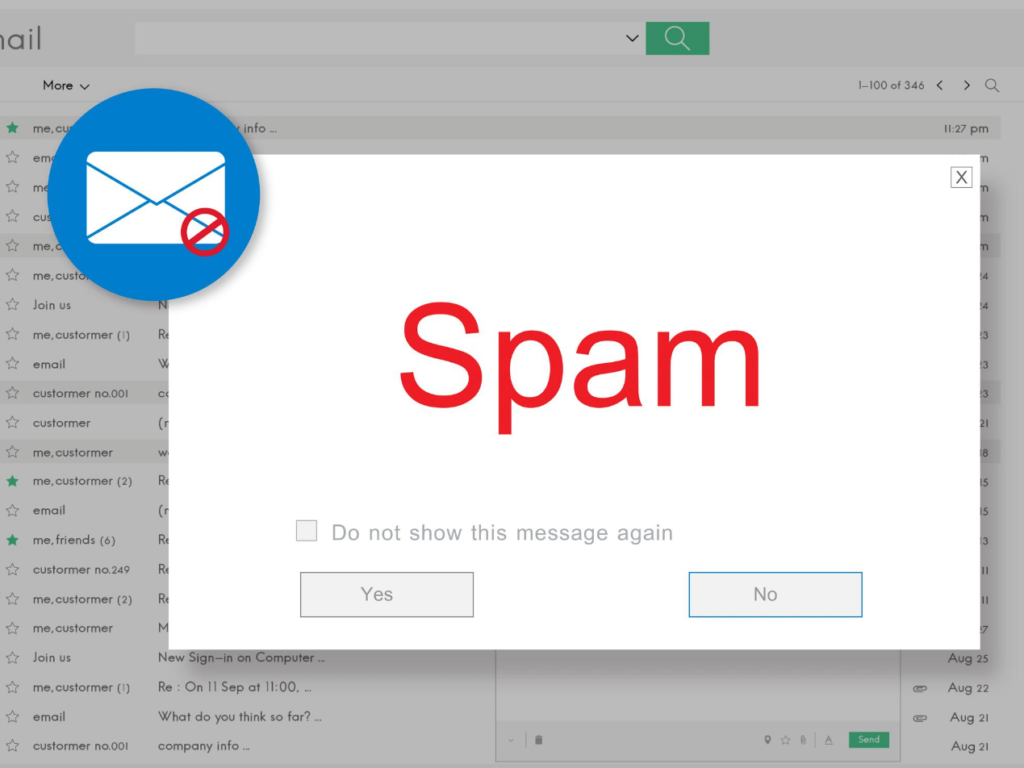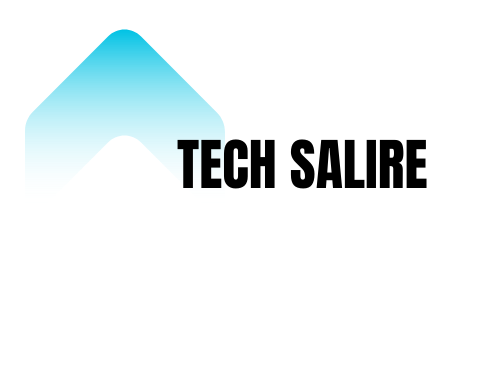
Since 2004, Facebook has changed the perspective of communication. Facebook brought together family and friends who were in different parts of the world. People stayed connected with Facebook. Users began to exchange messages instantly, shared their thoughts, and found new friends through Facebook. After a few years, Facebook started promoting businesses and millions of marketers flourished on Facebook. Gradually Facebook became a hub for business groups, promoters, and common users to connect with their loved ones. But due to some loopholes and vulnerabilities, hackers started to perform malicious activities on Facebook slowly leading to Facebook hack. They started hacking Facebook accounts and leaked the personal data of users. Slowly, privacy in Facebook became a myth. Today, Facebook is the major social platform that is unsafe and full of cyber hackers.
Recently, experts have advised users to stay cautious about Facebook spam emails claiming it to be from the official Facebook page. Studies show that apart from the motive of phishing and hacking Facebook accounts, these spams have a hidden agenda of transmitting malicious Trojans. These Trojans can sneak into your systems and steal your banking information without your knowledge.
Facebook hack; methodology
First, the hacker sets a target and gets a clear picture of that person. Then they will send a spam email to the target. The email will contain a web link that takes the target to an infected webpage that looks similar to the Facebook login page. When the target thinks that it is from Facebook and enters their login credentials, instantly the hackers will get hold of your account and they will change the password so that you can’t access it again. To be precise, once you enter your password, the user will be asked to download the “updatetool.exe” file, which is a dangerous form of Trojan. When you install that file, Trojan gets into your system and heads towards your hard drive to steal banking data and other personal information.
Threat actors also perform keylogging and other possible hacks to hijack information from you. Security experts say that Facebook hack have cunningly designed the page such that no one can identify it as fake at a glance. They are created in a refined manner. Facebook is an international platform used by more than two billion people worldwide. So proper awareness should be given to the users about the spreading of hoax Facebook emails. This is also considered a technique of social engineering. The popularity Facebook has gained over these years has attracted Facebook hack and identity thieves.
Even though strict restrictions were made on Facebook to control Facebook hack, malware authors are finding new ways to compromise accounts and exploit Facebook. A few years back, a Trojan malware named Bredolab was lurking in Facebook disguising it as Facebook Password reset. A simple step to understand fake web pages is to check the URL. If the URL consists of HTTPS, it is safe to browse but if it is HTTP, then you are vulnerable to Facebook hack.
If you receive any mail from Facebook and if you don’t analyse them before proceeding, you may end up in a hacked Facebook account. Some of the commonly found email scams include:
- Notifications regarding photos, videos, messages, groups, friend requests etc.
- Allegations that you are against Facebook community standards.
- Alerts which say something will happen to your account, if not taken necessary actions.
- Exciting offers that look legitimate, for instance winning a lottery.

To prevent hacking, check for the following:
- Domain: If Facebook wants to send you notification, they will use their official website Facebookmail.com in case any suspicious login attempt or change in password. If the notification you received is not from this domain, then it is a scam.
- Facebook logo: Whenever you receive any email from Facebook, have a closer look at its logo. If it is a fake one, you will have slight changes in the logo.
- Personal data: An official notification from Facebook will have your name with greetings, your profile picture and you email address in the footer. If you receive any email without these details, then it can be sent by a hacker.
- Footer: Genuine emails from Facebook will always have a footer including your email address, a link and the address from where the message was sent. If you find any suspiciousness in these details, then it is a red flag.
